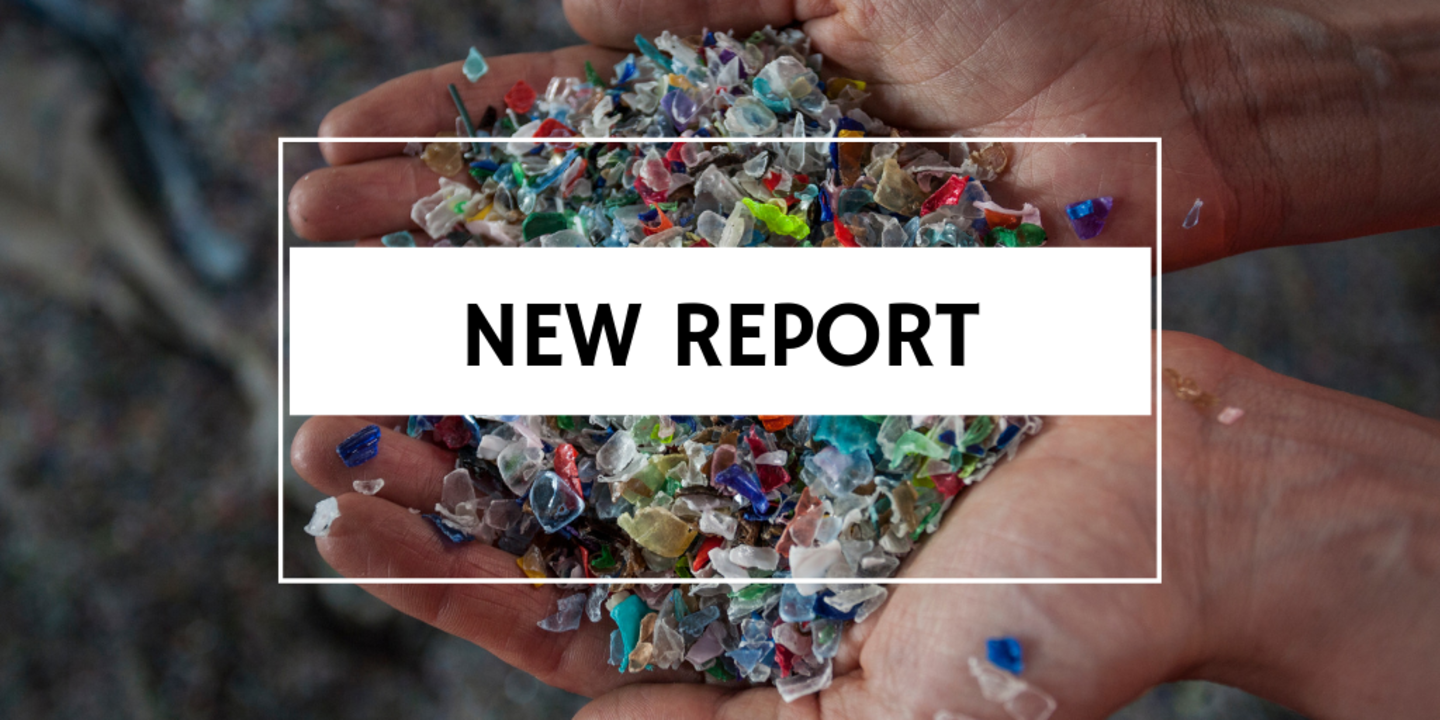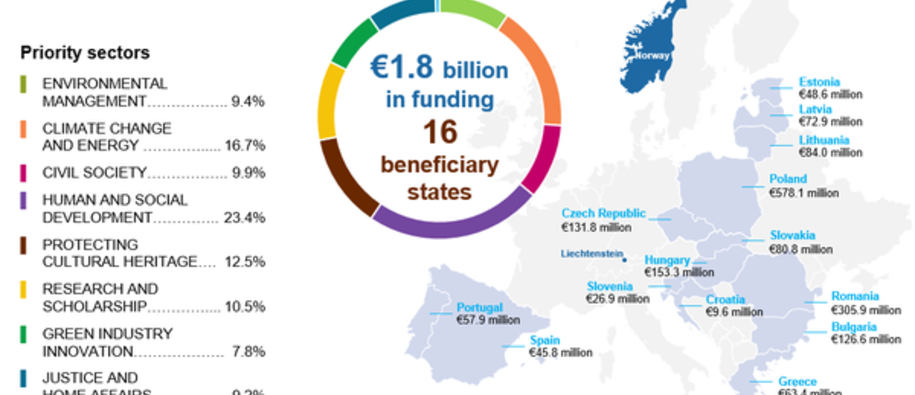Results beyond planned indicators
In the period 2009-14, the EEA and Norway Grants support was provided under nine priority sectors: Environmental protection, Climate change and renewable energy, Green industry innovation, Civil society, Decent work and tripartite dialogue, Human and social development, Justice and home affairs, Protecting cultural heritage and Research and scholarship.
Most benefits from the Grants have been delivered in the area of Social and Human Development and Climate change and renewable energy. The support in all areas achieved much more than indicators, resulting in unplanned effects such as the creation of jobs or the revitalisation of local communities.
EEA and Norway Grants & EU funding: meeting the funding gap
The EEA and Norway Grants aim to enhance the EU Cohesion policy by filling in the funding gaps in the Beneficiary States. The report shows that there has been complementarity between the EEA and Norway Grants and the EU funding streams at various levels, demonstrating that the broad objectives of EU policies and EEA and Norway Grants were in no cases conflicting.
As an example, the Grants were used to fund pilot projects, research, feasibility studies, preparatory works or capacity building, which lay the foundation for larger EU investments. The EEA and Norway Grants are largely complementary to EU funding for research and scholarships given that they tend to be more accessible for entities which could otherwise struggle to acquire EU funding.
"President Juncker always says that Europe needs to breathe with two lungs. [...] The complementarity between the EEA and Norway Grants and EU funding is an example of how the two lungs work together to help Europe breathe".
Magna de Carli, DG Research and Innovation, European Commission
Beneficial cooperation and valuable partnerships
The bilateral cooperation component contributes to the unique character of the Grants. In 2009-2014, 56% of all programmes and 34% of all projects were carried out in partnerships.
"We depend on one another in order to continue [...]".
Jarle Gjøsæther, Managing Director at Kongsberg Terotech.
Project partnership: Interconsult Bulgaria Ltd (BG), Kongsberg Terotech AS (NOR) and Norwegian University of Science and Technology (NOR).
Bilateral cooperation not only enables knowledge transfers between partners, but it also enhances the overall programming of initiatives, delivers diverse shared results and improves collaboration –laying out solid grounds for further joint initiatives–.
All that glitters is not gold
The report also identifies the obstacles that have been encountered throughout the implementation of the 2009-2014 funding period. Difficulties in finding Donor state partners, political instability and governmental or legislative changes, among others, have hindered the achievement of greater results.
Download the full report here.
Download the infographics with key results and achievements here:
Main achievements of the EEA and Norway Grants 2009-2014
Climate change and renewable energy (including CCS)

